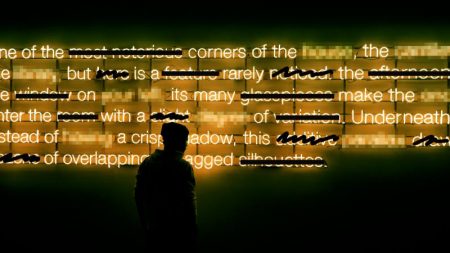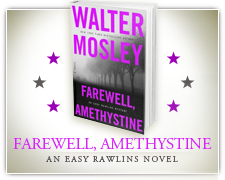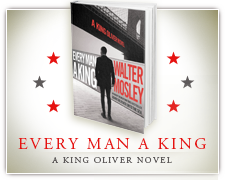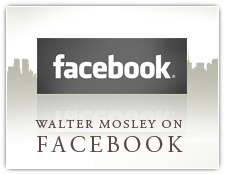An Uncomfortable Conversation In The Writers’ Room

Editor’s note: This story includes language some may find offensive. We’ve chosen to leave Mosley’s direct quotes uncensored here, in the broadcast, and in the podcast version of this interview. For a censored version of this episode, go here. For a censored version of this transcript, read the WPR.org version.
It hadn’t occurred to novelist and screenwriter Walter Mosley that what happened in the writers’ room could find its way into a human resources department memo. But when a polite human resources representative called him on the phone to ask why he’d said the “N-word” during a story meeting, he responded, “I am the N-word in the writers’ room.”
Later, he wrote about his experience in an op-ed for the New York Times.
At that moment, Mosley realized he was done working in that room — the sense of trust between writers was shattered. He quit the job that same day.
“How can I exercise these freedoms when my place of employment tells me that my job is on the line if I say a word that makes somebody, an unknown person, uncomfortable?” Mosley wrote.
Mosley said true and complete freedom of expression is a key feature of American culture. That means that we might be made uncomfortable from time to time, but Mosley argues that those should be moments of discussion and debate, not an occasion to email human resources.
He spoke to Charles Monroe-Kane of “To the Best of Our Knowledge” about what happened after that fateful phone call, and why no one should have dominion over what words we can use. Read the rest of this entry »






